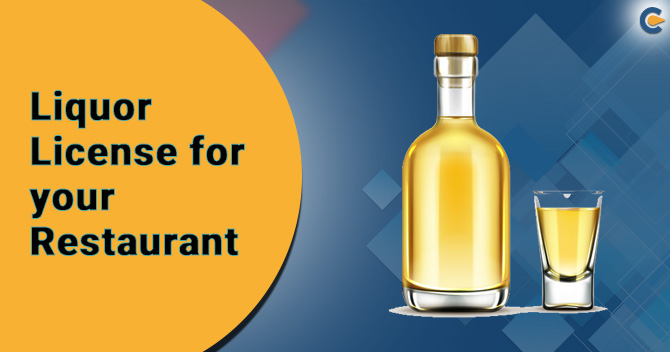
Key Takeaways:
- Understanding the types of liquor licenses available
- Steps and requirements for obtaining a liquor license
- Importance of compliance with local and state regulations
The Basics of Liquor Licenses
Securing a liquor license is essential for any business looking to serve alcohol. Whether you’re opening a new bar, restaurant, or brewery, understanding the basics of liquor licensing is crucial. Liquor licenses are regulated at both state and local levels, and the requirements can vary significantly from one region to another. Therefore, it’s essential to familiarize yourself with the laws in your area. For example, obtaining an alcohol license Dallas TX, will require you to adhere to the specific regulations of Texas authorities.
Types of Liquor Licenses
One of the first steps in obtaining a liquor license is understanding the different types available. Generally, these can be divided into three categories: on-sale, off-sale, and special event licenses.
On-Sale Licenses
On-sale licenses permit selling alcohol that can be consumed on the premises, such as in a bar or restaurant. This license type is essential for establishments that plan to serve alcohol directly to customers within the business location. Restaurants, pubs, and nightclubs typically apply for on-sale licenses to legally serve beverages to their patrons in the dining or seating areas of the establishment.
Off-Sale Licenses
Off-sale licenses allow the sale of alcohol for consumption off the premises, like in a retail store. These licenses are typically required for liquor stores and similar businesses looking to sell packaged alcohol that customers will take home. Convenience stores and supermarkets that intend to sell beer, wine, and spirits often seek off-sale licenses to comply with state regulations.

Special Event Licenses
Special event licenses are temporary and typically needed for festivals or fairs. Given their temporary nature, these licenses have specific regulations and are usually easier to obtain. Organizers of weddings, community fairs, or private parties frequently apply for special event licenses to serve alcohol legally during their events.
Steps to Obtain a Liquor License
Each state has its procedures for obtaining a liquor license, but there are some common steps you’ll need to follow:
- Research and Prepare: Conduct thorough research to understand your area’s requirements and regulations before applying. This may involve visiting your state’s alcohol beverage control (ABC) board website or consulting with local authorities. Preparing in advance by gathering all necessary information can help you avoid common pitfalls.
- Submit an Application: Once you have all the required information, submit your liquor license application. Usually, this entails giving thorough details about your company and its proprietors. To ensure a comprehensive application, be prepared to provide business plans, financial statements, and personal identification documents.
- Background Checks: Many states require background checks for all individuals listed on the application. This ensures that applicants have no criminal history that might disqualify them from holding a liquor license. Background checks often include reviewing financial records, previous business dealings, and criminal records.
- Public Hearing: Some localities hold public hearings to allow community members to voice their opinions on license issuance. Public hearings allow residents to express their support or concerns regarding your application. Engaging with your community and addressing any concerns beforehand can help facilitate a smoother hearing process.
- Inspection and Approval: After the public hearing, an inspection of your premises might be required. Inspectors will review the setup of your establishment to ensure it complies with local safety and health regulations. Once everything is in order, your application will be reviewed for approval, ensuring all conditions are met before issuing the license.
The Role of Compliance
Compliance with local and state regulations is critical for obtaining and keeping a liquor license. Your license may be revoked in addition to fines and penalties for noncompliance. Keep a regular eye out for changes to rules and regulations to ensure your company stays compliant. Attending industry seminars or subscribing to industry newsletters for the latest information might also be beneficial.
Conclusion
Successfully obtaining a liquor license requires thorough preparation, understanding of local and state regulations, and ongoing compliance. By following the proper procedures and consulting experts, you can successfully navigate this challenging environment and obtain the licenses needed to serve alcohol lawfully.






